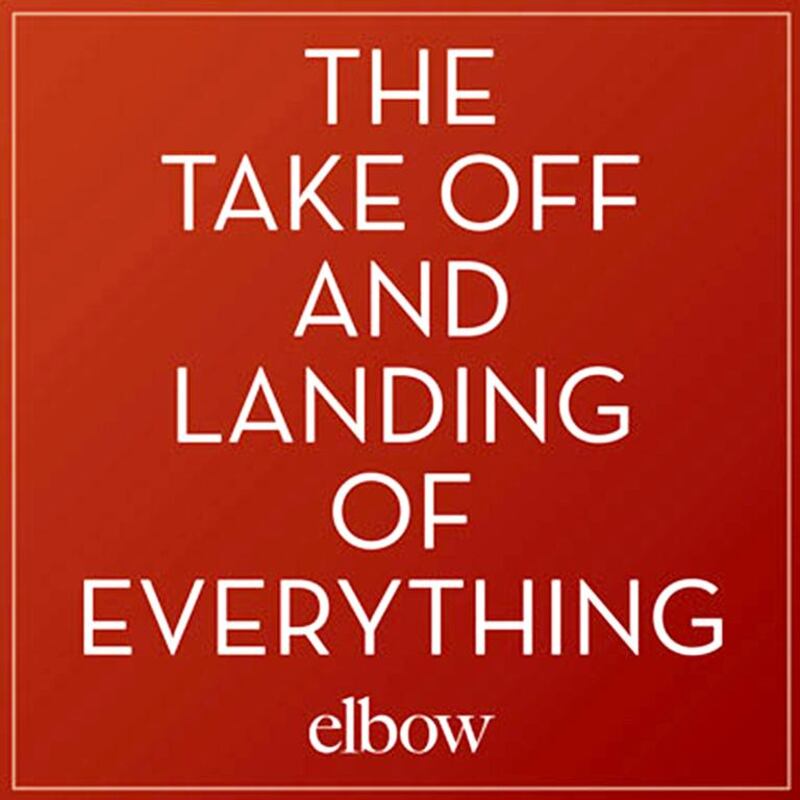Elbow The Take Off and Landing of Everything (Fiction / Universal) ⋆⋆⋆⋆
“And I cannot stay / where all the broken plans were made”, sings Elbow’s Guy Garvey on the brooding, beatbox-propelled Honey Sun. It’s one of several songs that broach the Lancashire-born musician’s break-up with his long-term girlfriend, the journalist and author Emma Unsworth.
Garvey’s coping mechanism involved several soul-searching stays in New York and his group’s sixth album reflects how distance can bring perspective – or foster a dysfunctional anonymity: “My newest friends have forgotten my name, and so have I / so far, so good” runs part of Fly Boy Blue + Lunette. A classy skiffle song with caustic lead guitars and weighty brass, it’s set in that most ruminative and emotive of locales, an airport lounge bar.
Produced, once again, by Elbow’s keyboard player Craig Potter, The Take Off and Landing of Everything was largely recorded in the band’s Salford, Lancashire hub, Blueprint Studios. There is dramatic input from The Hallé Orchestra, an ensemble that Garvey affectionately describes as “Manchester’s oldest band”. The record’s title is shorthand for the increase in life event air-traffic that Elbow are experiencing as they approach their 40s. Accordingly, it’s an epiphany-laden work dealing with the ramifications of a new, rarely rosy self-knowledge.
This Blue World, running more than seven minutes, immediately signals TTOALOE’s ambition and daring. Organ and a gently ticking rhythm segue to chiming, Radiohead-like guitar arpeggios and an almost painfully beautiful bridge section. “While three chambers of my heart beat true and strong with love for another / the fourth is yours forever,” sings Garvey, his high, unsullied voice still an unlikely fit for his ursine frame. The lyric has the tragic air of a couple trying to make their break-up less painful.
Things get much uglier on the wonderful Charge. Built upon an ominous, hooky organ riff, it finds Garvey (or the song’s protagonist) inebriated and spoiling for a fight, while simultaneously aware of the Neanderthal ridiculousness of his rage. Still, if it’s his break-up with Unsworth that’s on his mind again, the singer regains his composure and largesse on the spare, typically poetic Colour Fields: “And I’d love to see you waving from the far side of the swing / gathered in by a waiting troop of the open-hearted.”
While “all life is here” is a compliment that could be given almost any Elbow record, it’s particularly true of the bold, admirably human TTOALOE. Garvey and co are all too aware that the stakes get higher as you get older; the artistry on display here is that cloud’s silver lining.
[ artslife@thenational.ae ]





